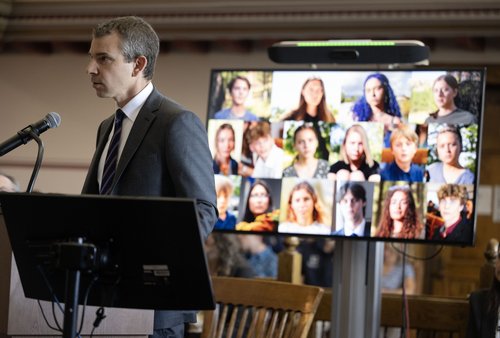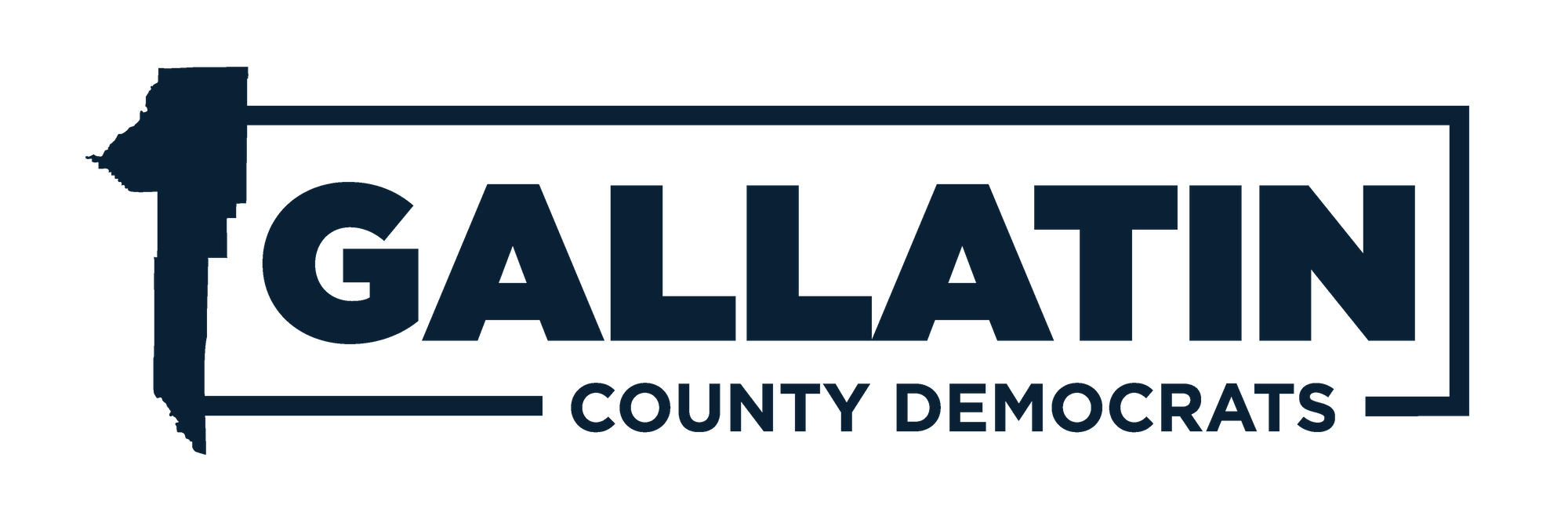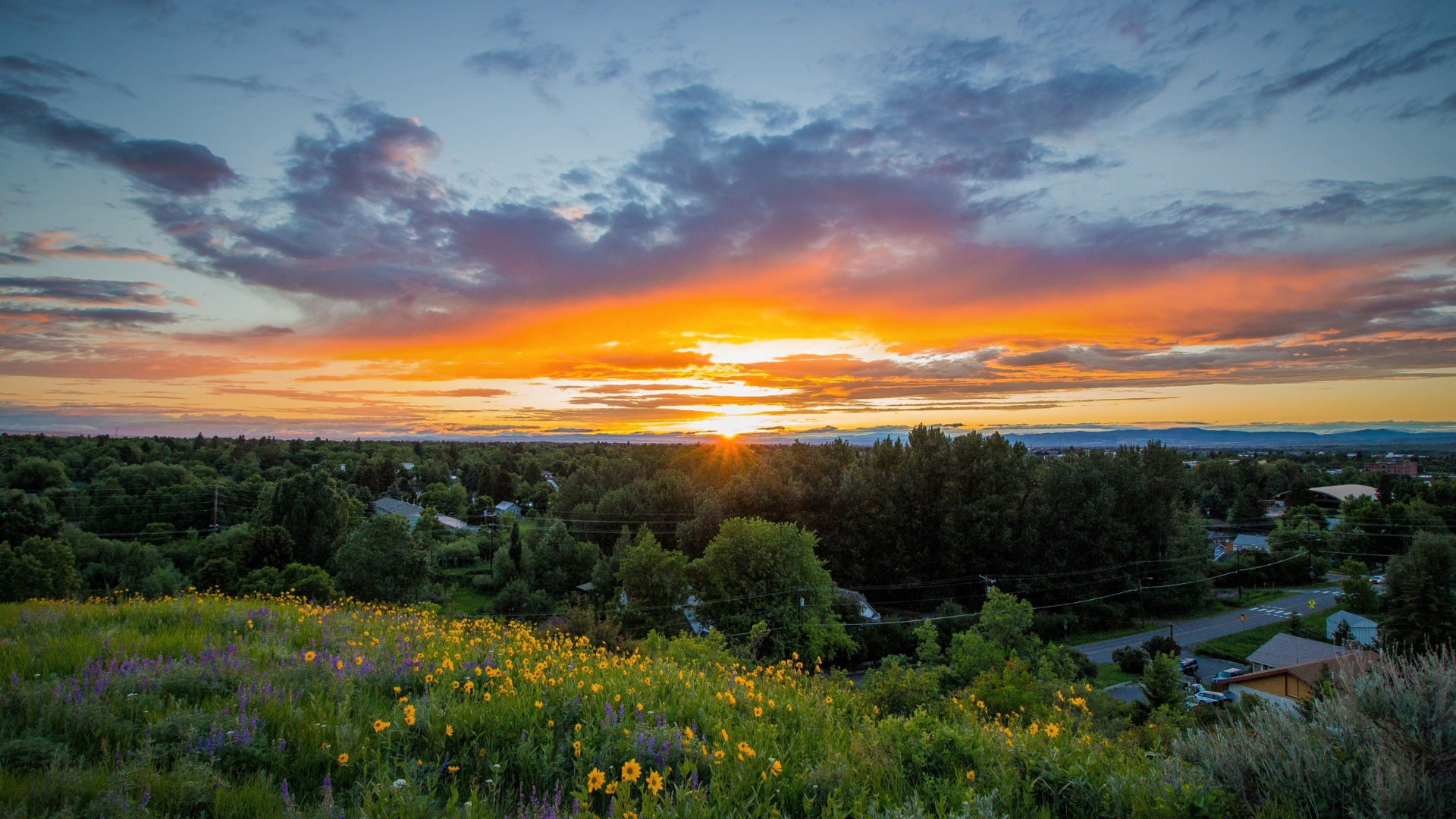This article originally appeared in Yale Climate Connections, published June 26, 2023.
The state’s headline expert witness’s testimony was canceled — and other twists from the landmark trial.

Montana’s landmark youth-led climate trial entered its second week June 19, and attention turned to lawyers for the state of Montana as they lined up to make their case. The plaintiffs’ case the previous week lasted five days, blending emotional testimony from the young plaintiffs along with scientific and technical expertise from expert witnesses. The central principle of the case is that Montana’s use of fossil fuels is violating the plaintiffs’ constitutional right to a “clean and healthful environment.”
During the first week of the trial, it felt like the science of climate change itself was on trial, as the plaintiffs’ scientific testimony began by explaining the fundamentals of heat-trapping greenhouse gases. As the week progressed, one expert after another documented Montana’s climate impacts, such as melting glaciers, health effects, and mental health consequences. Expert witnesses also described Montana’s energy needs and the myriad options the state could use to lower its emissions.
Next came the state’s turn. How would its team of lawyers and witnesses defend the state’s policies? Montana has long been an intensive fossil-fuel state, and it sits on around one-third of the nation’s recoverable coal reserves. The state’s largest utility is seeking to increase its use of both coal and methane gas, often called natural gas. During the recent legislative session, lawmakers doubled down on fossil fuels, passing a new law that prohibits state agencies from even considering greenhouse gases as they evaluate new energy and mining projects.
Those following the trial were eager to hear how the state would justify such a policy in light of increasingly urgent calls from the scientific community to lower emissions of climate-warming greenhouse gases.
But a justification never came. The state made surprisingly little effort.
The court had scheduled five days for Montana to defend itself in the lawsuit. But the state’s legal team called only one expert witness, asked few questions, and didn’t even use a full day to make its case.
Here are some highlights from the courtroom.
The state’s headline expert witness was canceled.
Montana hired Judith Curry as an expert witness. Curry is a well-known skeptic of human-caused climate change and is a go-to witness for those wishing to downplay the role of greenhouse gas emissions in warming the climate.
As the plaintiffs wrapped up their case, the state announced that Curry would not be testifying after all. No official explanation was offered. In her blog, Curry said it was the state’s decision but she was “relieved” because “MT’s lawyers were totally unprepared for direct and cross examination of climate science witnesses.” Curry described some of the mistakes made by defense lawyers, noting, “this is a very complex issue that they apparently had not previously encountered.”
The state called only one expert witness, and he got his math wrong.
Terry Anderson, a senior fellow at the Hoover Institution, was the sole expert witness for the state. Both in his written report and his testimony on the stand, Anderson cited incorrect data about Montana’s greenhouse gas emissions. In one case, Anderson conflated Montana’s emissions with that of the entire Mountain West region. In another, he said his data was “from a reliable website” though he could not recall its name. Anderson further testified that he used 2022 greenhouse gas emissions data from the Energy Information Administration — even though this data has not yet been published. Plaintiff’s lawyers attempted to follow Anderson’s footsteps in tracking statewide carbon dioxide emissions data and found the data has only been released through 2020.
Witnesses from state agencies showed little knowledge of climate science.
The state called two agency witnesses to clarify the process behind Montana’s use of fossil fuels. Chris Dorrington is the director of the Montana Department of Environmental Quality. He was asked if he was familiar with the IPCC, which is the Intergovernmental Panel on Climate Change, the international scientific body that publishes authoritative reports on climate change. Dorrington said he was not familiar with the IPCC’s work until he learned about it during the trial when IPCC findings were presented by several expert witnesses.
Sonja Nowakowski is the administrator of the Air, Energy, and Mining Division at the Montana Department of Environmental Quality. She said she cares deeply about the environment. Yet she testified that she has no opinion “one way or another on the impacts of climate change,” despite more than 15 years working in environmental policy.
In their testimony, Nowakowski and Dorrington said their agency is prohibited from evaluating the impacts of greenhouse gas emissions and they can only follow the letter of the law when approving permits for fossil fuel projects. Historically, the state has approved every application for fossil fuel activities, according to Anne Hedges, director of policy and legislative affairs at the Montana Environmental Information Center and expert witness for the plaintiffs.
Attorneys for Montana resorted to straw man arguments.
One of the more surprising tactics used by the defense was a reliance on exaggerated “straw man” arguments that seemed to deliberately mischaracterize the purpose of the lawsuit. Counsel for the state asked Mark Jacobson, an expert witness about renewable energy, if the remedy in the case would include the judge buying electric cars for everyone in Montana. Will airplanes that run on fossil fuels be barred from flying over Montana? Are we supposed to go fossil-free “with the flip of a switch?” These spurious questions were reminiscent of what one sees in online arguments about climate change, except they were playing out in an actual court of law.
State lawyers dismissed the experiences of the young plaintiffs.
The state’s closing arguments echoed the dismissive tone of their opening statements. Assistant Attorney General Michael Russell characterized the plaintiffs’ case as “a weeklong airing of political grievances” and “social and political statements.”
Russell argued the lawsuit was an attempt by the youth to “evade the democratic process and force their policy views on all Montanans without their consent or participation.”
Meanwhile, the Montana attorney general’s office called the case a “publicity stunt staged by an out-of-state organization that is exploiting well-intentioned children.”
Russell advised the plaintiffs to work through the state legislature — where Republicans hold a supermajority — not the courts.
The State never defended its need for fossil fuels.
In closing arguments, Nate Bellinger, an attorney for the plaintiffs, emphasized that Montana did not justify its reliance on fossil fuels, despite the demonstrable harm they are causing.
In fact, witnesses Peter Erickson and Mark Jacobson repeatedly made the point that Montana has abundant potential for renewable energy. “Montana has so much renewable energy potential, it’s incredible,” Jacobson said on the witness stand. Jacobson is the director of the Atmosphere/Energy Program at Stanford University.
The state made only one point, albeit repeatedly: Montana is too insignificant to have any impact on climate change. But Erickson, an affiliated researcher at the nonprofit Stockholm Environment Institute, noted that there are 100 countries with emissions smaller than Montana’s, yet the governments of those countries have pledged to cut their emissions.
“Every ton matters” was a refrain from the plaintiff’s side, referring to statements from the IPCC that emphasize the need for rapid decarbonization across all economic sectors and around the world.
Montana annually sends over 100 million tons of CO2 into the atmosphere via fossil fuel consumption and extraction, with an additional 80 million tons related to fuels transported through or refined in Montana, according to numbers presented by Erickson.
“Montana’s contribution to global greenhouse gas emissions is nationally and globally significant,” Erickson said. “Montana’s responsibility and ability to transition away from fossil fuels is substantial.”
What’s next? More lawsuits.
Two of the plaintiffs spoke to the public after the trial wrapped up, and they noted that this case will likely have impacts far beyond their home state. Grace Gibson-Snyder, one of the young plaintiffs, said, “We’re hoping for this to have a resonating effect around the country and around the world.” Lander Busse, another plaintiff, added, “It feels like the beginning, really.”
Busse’s comment may have been prophetic, as Multnomah County in Oregon just announced it’s suing several fossil fuel companies for their alleged role in lethal heat waves in 2019.
A verdict from district court Judge Kathy Seeley is expected later this summer.
Read Karin’s first YCC article on the Held v Montana trial.
Karin Kirk is a geologist and freelance writer with a background in climate education. She’s a scientist by training, but the human elements of climate change occupy most of her current work. Karin lives in Montana and volunteers on behalf of cleaner energy policies in the state.

